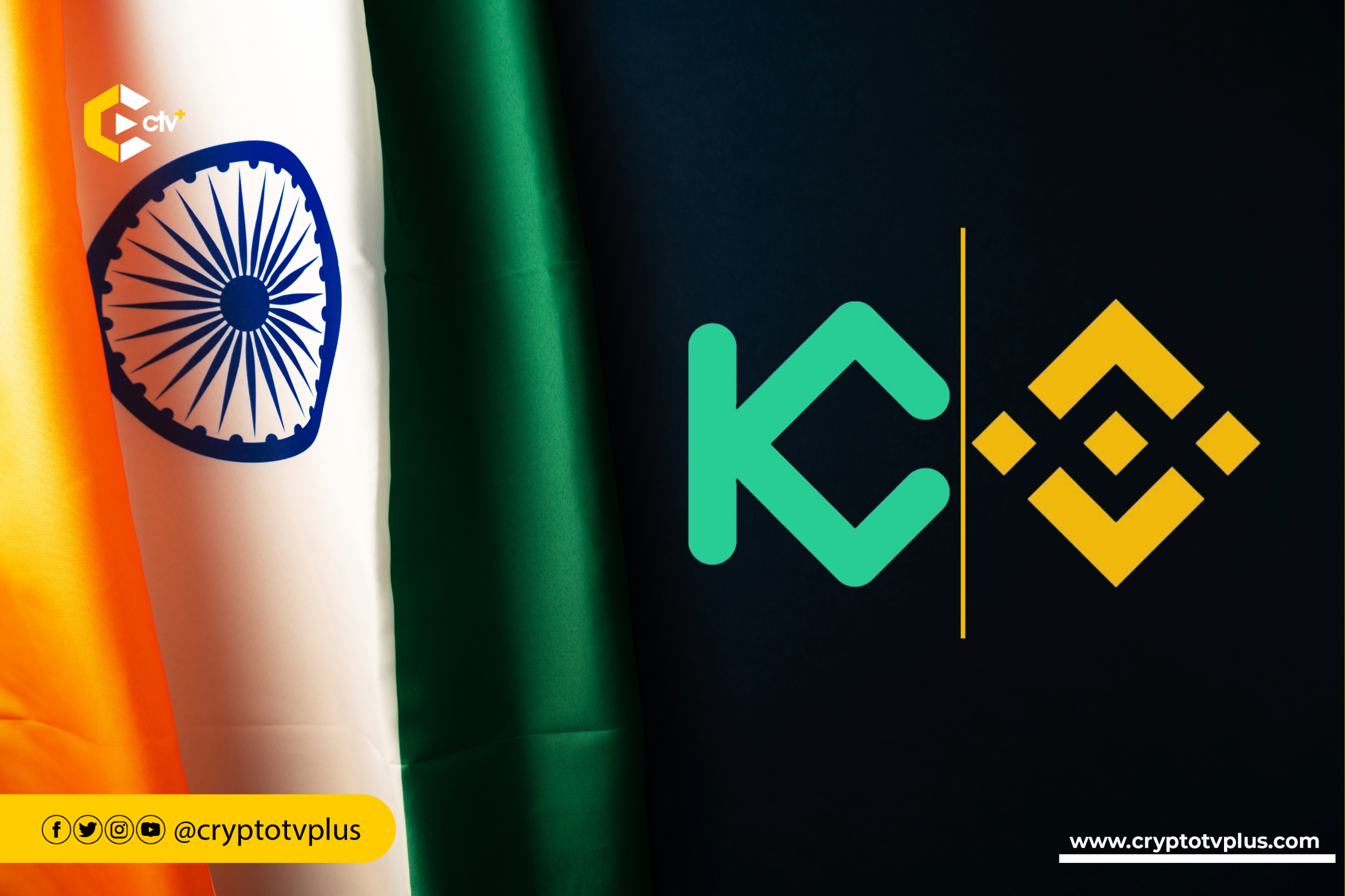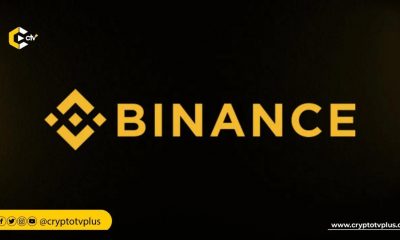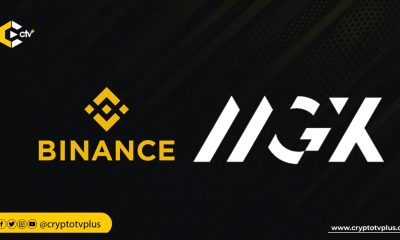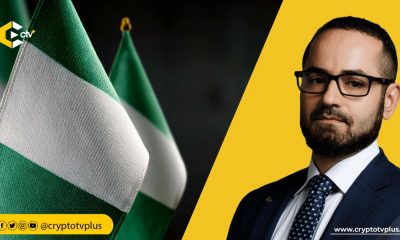News
Binance and KuCoin register with India’s Financial Intelligence Unit

Binance and KuCoin have officially registered under India’s Financial Intelligence Unit, a regulatory body overseeing financial activities. Following this registration, KuCoin faced a setback and was required to pay a fine of $41,000 as part of regulatory enforcement. However, the company has bounced back into action, resuming its operations.
While Binance finds itself in a similar situation, having also registered with the Financial Intelligence Unit, the exact amount of the financial penalties against Binance is still pending determination.
A hearing will soon take place to decide on the fine. Once the penalty is settled and paid, Binance is expected to resume its operations in India, in line with regulatory requirements.
In the previous year, India banned over nine offshore entities, such as Huobi, Kraken, Gate.io, Bittrex, Bitstamp, MEXC Global, and Bitfinex. Nevertheless, there are indications that the country is open to accepting cryptocurrency firms, provided they are willing to comply with regulations.
This progress by Binance is coming at a time when it also facing regulatory challenges across the world including the US and Nigeria. In November 2023, Binance’s founder and CEO, Changpeng Zhao, agreed to plead guilty to money laundering charges and resign from his position as part of a settlement with U.S. authorities, resolving allegations against him and the company he helped establish.
As part of the deal, Binance agreed to pay $4.3 billion in fines, while Zhao personally paid a $50 million criminal fine and $50 million to the U.S. Commodity Futures Trading Commission[5]. The settlement allowed Binance to continue operating in the U.S.
However, in April 2024, Zhao was sentenced to four months in prison by U.S. District Judge Richard Jones in Seattle. The sentence was significantly shorter than the three years sought by prosecutors.
In Nigeria, Binance has been accused of operating illegally in the country and engaging in questionable practices which has led to increased scrutiny from Nigerian regulators. The exchange announced in Q1 Of 2024 that it would discontinue its Nigerian Naira (NGN) services following pressure from regulators.
The exchange delisted all existing NGN pairs and converted the remaining NGN balances to USDT as a sign of good faith to the demands of the Nigerian government. This move came after two Binance executives were reportedly detained in February. While one of the detainees remains in prison, the other fled the country.
This week, Richard Teng, Binance’s CEO, published a blog post revealing that Binance had been pressured to make a substantial payment in Nigeria to resolve issues, characterizing the demand as a form of bribery. Additionally, he reiterated calls for the release of a detained Binance employee in the country.

























Pingback: Binance and KuCoin Face Challenges in India and Beyond - bitspuls.com